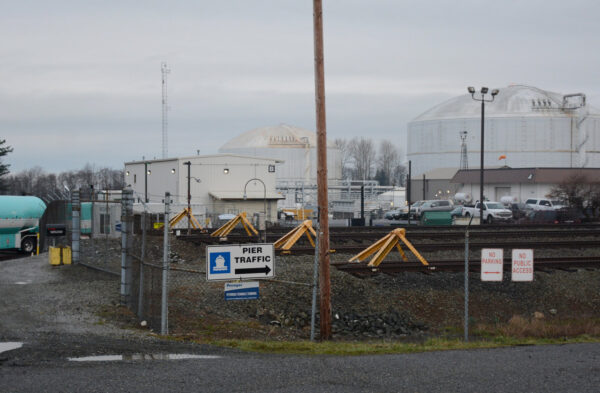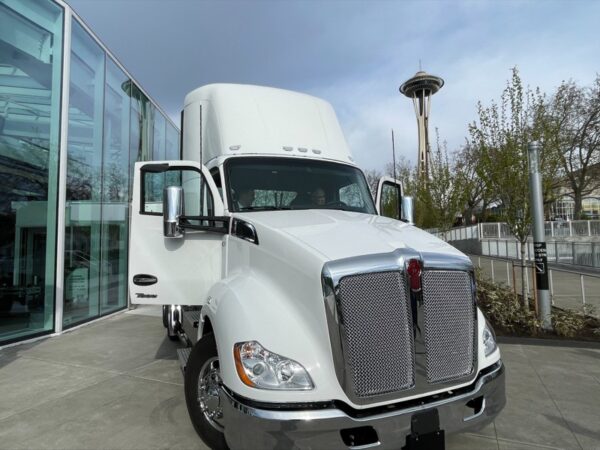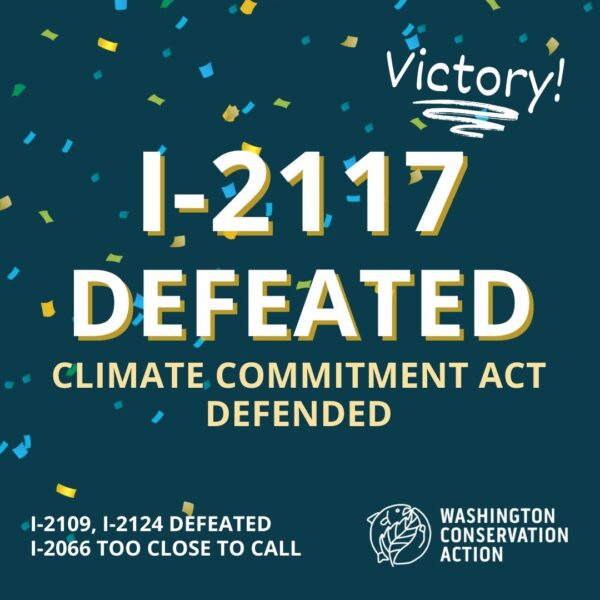A Clean Fuels Standard will reduce the carbon intensity of fuels produced and used in Washington. By requiring oil refineries and distributors to gradually reduce the carbon impact of their fuels, we could see a 10% reduction in carbon intensity over 10 years. A Clean Fuels Standard gives distributors multiple ways to reduce fuel impacts, allowing them to choose from various technologies and cleaner fuels to meet their targets.
Implementing a Clean Fuels Standard would also have meaningful economic benefits for Washington state. We have the agricultural capacity to grow and process alternative transportation fuels right here. In 2011, Washingtonians spent over $14 billion importing petroleum; keeping even a fraction of that money in-state and producing homegrown fuels will create thousands of jobs. Additionally, petroleum-based transportation fuels are a leading cause of respiratory disease and cancer, so phasing out dirty fuels is key to reducing harmful air pollution.
Similar standards have been successfully implemented in British Columbia and California over the past few years. Here in Washington, our Clean Air Act gives Governor Inslee the power to establish this standard through rule.
WEC is partnering with Climate Solutions and the American Lung Association, as well as local businesses and local governments, to advocate on behalf of a statewide Clean Fuel Standard. For additional information on a Clean Fuel Standard, or to get involved, check out the campaign website: www.cleanfueljobs.org.


